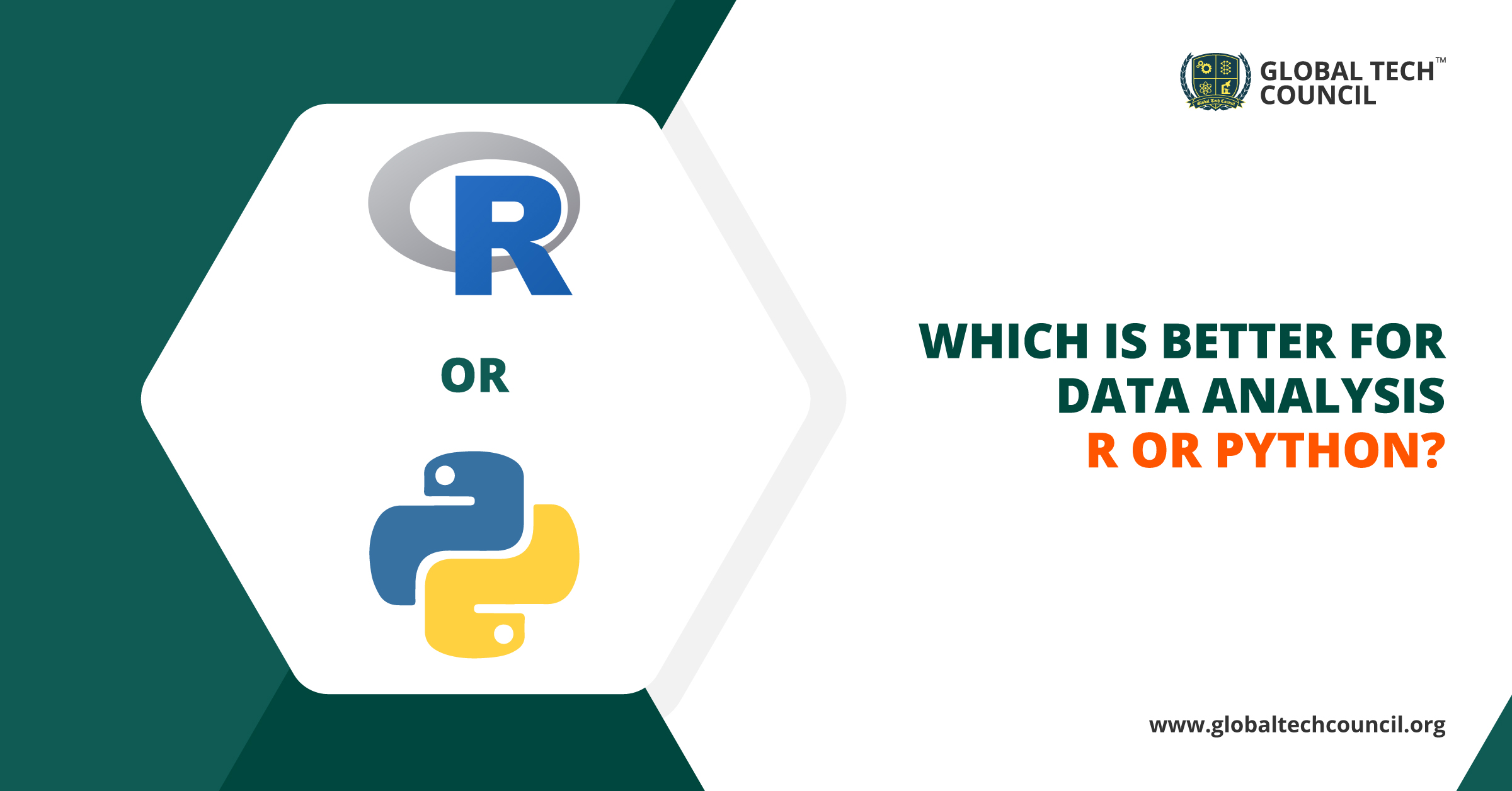One of the leading innovations has been machine learning; it is an offshoot of AI and finds a multitude of applications. Machine learning's primary objective is to construct an application or move the devices to work as per the algorithm. Experts of machine learning operate to build computers that work much like humans. The coding and algorithm forming the heart of it is what lets things possible. Programming languages play a key role in this, and you have to select the right programming language if you want to make a future for yourself in this area. The two common options include R and Python. We are going to explore R and Python in this blog.
Read more: 9 TYPES OF ACCOUNTING SERVICES SMALL BUSINESS NEEDS
Either R or Python:
Open-source programming languages include both R and Python. The positive thing regarding R and Python is that the libraries are revised frequently and the collection is added to new libraries. While all of these languages are open-source, a line of differentiation remains. Although R is used for mathematical processing, Python is used for a more general approach to data science, whereas Python gives a wider approach to data science.
Another line of difference: For convergence between data processing and web apps, developers often use Python. It is used for the integration into the output database of statistical codes. In addition, R is primarily used on individual servers for study.
Python is a full-fledged programming language; it is used to introduce production usage algorithms. If you are a programming language novice, so R is simpler, and you can quickly learn it. Within only a few characters, you can compose mathematical codes.
Python is readable and simple to understand when it comes to the features of these languages. Then R is a reasonable option if you choose to operate on mathematical models. R has an comprehensive range of all mathematical instruments and models, making it very valuable to developers when it becomes both clearer and simpler to interpret results.
The Conclusion:
For those who want to launch their career in machine learning, both Python and R are reasonable choices; otherwise, this programming language has a good variety of both. The simplicity that they offer is unmatched, and if you want to succeed as a machine learning specialist, learning all these programming languages would be a nice deal.
Online courses in machine learning are provided by the Global Software Council, where you can also get to know this programming language. However, you can also enrol in the Python programming qualification course if you are a novice.
Note, the only path to improve professionally is to upskill yourself and consider the upcoming technology, and a successful qualification course can support you do this. To read more about
machine learning courses and online qualification programmes, connect to the Global Software Council.
 Which Is Better For Data Analysis: R Or Python?
Which Is Better For Data Analysis: R Or Python?


.jpg)








Recent Comments